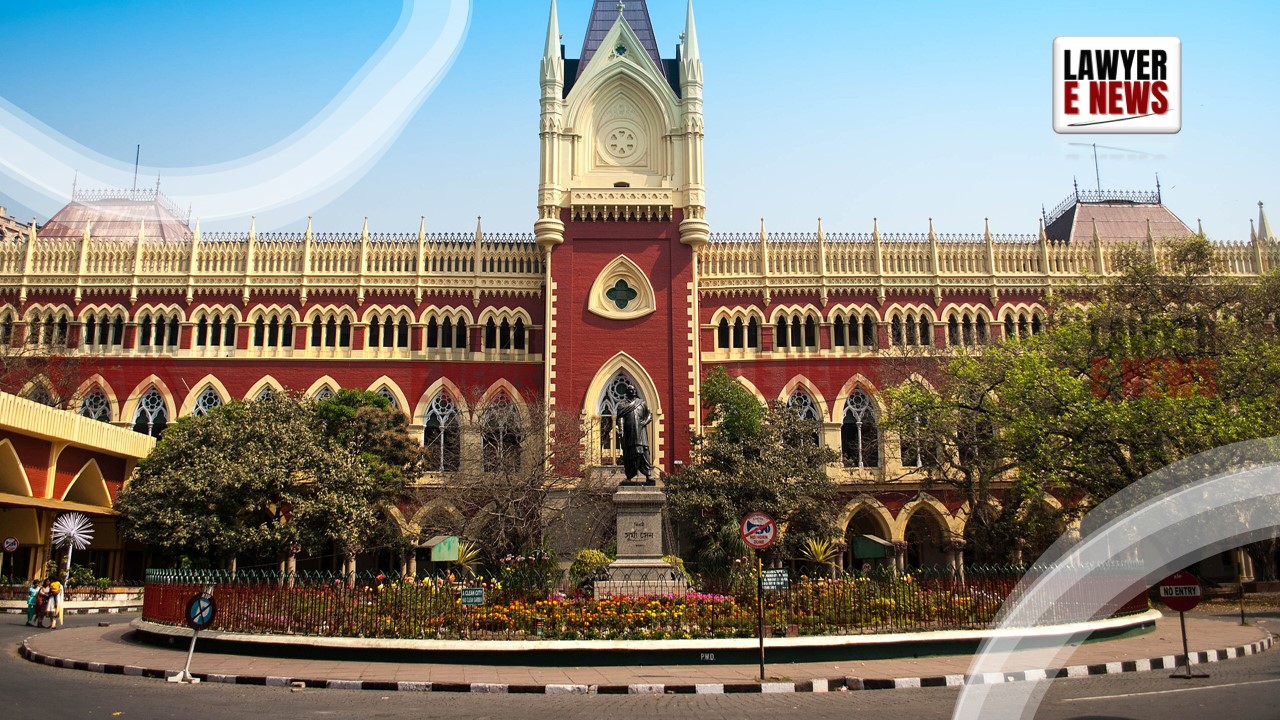-
by sayum
14 February 2026 2:22 PM



Calcutta High Court, presided by Justice Sabyasachi Bhattacharyya, dismissed two review petitions filed by candidates challenging the appointment of Mijanur Rahaman Molla as a temporary Muhammadan Marriage Registrar (MMR) for the Pujali Police Station area. The review applicants, Salman and Rubina Khatun, alleged that the August 25, 2023, appointment order disregarded due process and overlooked their candidacies. The court, however, upheld the previous order, concluding that the appointment adhered to all relevant procedural requirements.
This case stemmed from a writ petition originally filed by Molla in 2021, seeking consideration for the post of temporary MMR after submitting a representation to the authorities in November 2020. Following court orders, an advertisement for the position was issued on February 24, 2023, and a panel of 11 candidates was compiled, ranking Molla as second and Salman first. On August 9, 2023, the Inspector General of Registration (IGR) overruled the District Registrar’s nomination of Salman, selecting Molla instead and forwarding his name for government approval.
Subsequently, Salman and Rubina filed review applications, claiming their legal rights had been overlooked in the appointment process.
Compliance with Rule 3(b): The court examined Rule 3(b) of the Bengal Muhammadan Marriages and Divorces Registration Act, 1876, which governs temporary MMR appointments. Justice Bhattacharyya emphasized that:
The District Registrar nominates a candidate, who is then either approved or replaced by the IGR’s recommendation to the government.
The Permanent Committee’s involvement is not required for temporary MMR appointments, simplifying the process.
IGR’s Discretion and Reasons for Nomination: The IGR exercised his authority to replace the District Registrar’s nominee, Salman, with Molla. This action was justified by a detailed rationale provided by the IGR, aligning with Rule 3(b), which empowers the IGR to disapprove a nominee if deemed necessary.
Review Applicants’ Argument on Process Irregularities: Salman and Rubina contended that their rights were overlooked and that the court had disregarded their positions. However, Justice Bhattacharyya found that due process had been observed and that the review applicants had no inherent right to the temporary position, especially given the IGR’s lawful discretion.
“Discovery of New Evidence” Argument for Review: While the review applicants presented additional evidence in support of their claims, the court ruled that these materials would not have altered the outcome. The court noted that the “discovery of new evidence” criterion under Order XLVII Rule 1 of the Civil Procedure Code did not apply here, as the additional information did not present a significant shift in the legal or factual landscape.
Order Upheld Despite Procedural Delays: Justice Bhattacharyya reiterated that Molla’s appointment was procedurally sound and executed in full compliance with the established rules, confirming that the court was aware of all intervening developments when passing the August 25 order.
The court concluded that the August 25 order contained no error and adhered strictly to the procedural framework, dismissing the review applications from Salman and Rubina on contest. The order further acknowledged that while the applicants had the standing to file the review, their arguments lacked merit.
This decision reaffirms the discretion vested in authorities under Rule 3(b) in the temporary MMR appointment process, establishing a precedent that temporary appointments need not involve the Permanent Committee or elaborate procedural scrutiny. It also clarifies the scope of review applications under Order XLVII, reinforcing the finality of judicial orders when due process is demonstrably followed.
Decision Date: November 8, 2024
